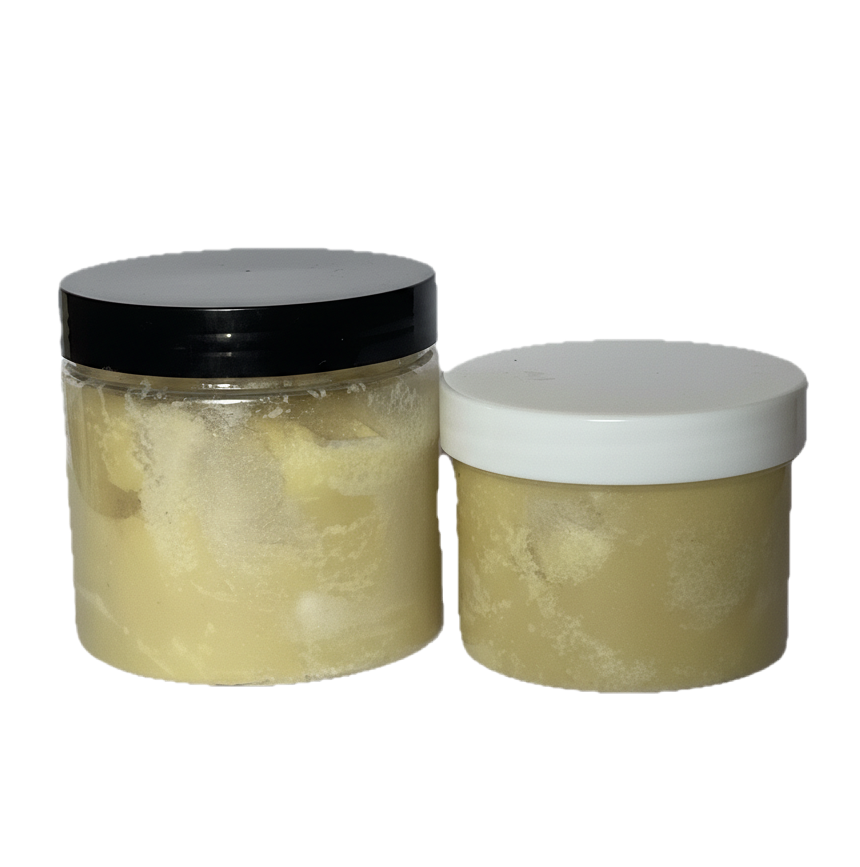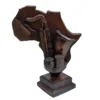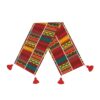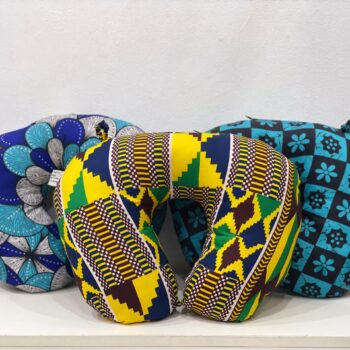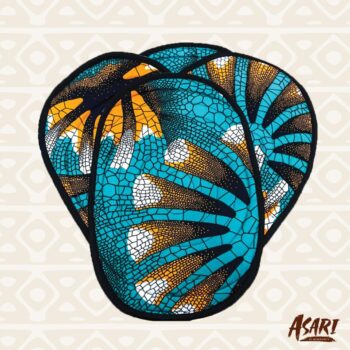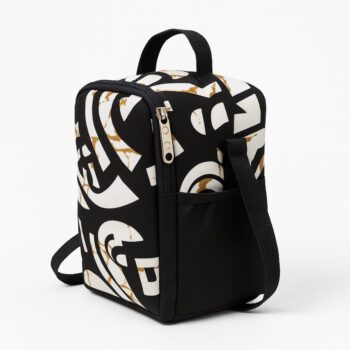WHO IT’S FOR
- Primary: Skincare enthusiasts seeking natural, chemical-free moisturizers
- Secondary: Individuals with dry skin, eczema, or dermatitis
- Perfect Gift For: Beauty lovers, natural skincare advocates, spa businesses
GENDER & AGE
- Gender: Unisex (Men, Women, Children)
- Age Range: All ages (safe for babies to adults)
USE CASES
- Primary Use: Intensive body and face moisturizer
- Secondary Uses: Hair conditioning, lip balm, tattoo aftercare, cuticle treatment
- Occasions: Daily skincare routine, seasonal dryness, therapeutic skin treatment
PRODUCT DETAILS
- Type: 100% pure, unrefined, organic shea butter
- Origin: Nigeria
AVAILABLE SIZES
- Small: 100g jar (personal use)
- Medium: 250g jar (regular use)
- Large: 500g jar (family size)
- Bulk: 1kg, 5kg, 10kg+ (wholesale/commercial orders)
KEY FEATURES
- Contains 85-90% beneficial fatty acids (oleic and stearic acid)
- Rich in vitamins A, E, and K for skin regeneration
- Anti-inflammatory properties clinically proven for eczema relief
- Non-comedogenic for most skin types (won’t clog pores)
- Melts smoothly into skin without greasy residue
- Zero additives, preservatives, or artificial fragrances
WHAT SHEA BUTTER DOES
- Deep Moisturization: Creates long-lasting moisture barrier for dry skin
- Eczema & Dermatitis Relief: Clinical studies show significant symptom reduction
What It DOESN’T Do:
- ❌ Does NOT replace sunscreen (SPF only 3-7)
- ❌ Does NOT lighten or darken skin tone
- ❌ Does NOT promote faster hair growth (helps retain length through conditioning)
HOW TO USE
For Face: Apply sparingly to damp skin after cleansing (nighttime use)
Patch test first if you have oily/acne-prone skin
For Body: Apply within minutes of showering to damp skin
Focus on dry areas: elbows, knees, cracked heels, hands
For Hair: Use as deep conditioning treatment on hair and scalp
Creates healthier scalp environment and prevents split ends
For Lips: Apply as needed for chapped lip relief and moisture
For Specific Conditions:
Eczema: Apply 2-3 times daily consistently
Cracked heels: Apply generously overnight with cotton socks
Tattoo aftercare: Use sparingly 2-3 times daily after initial healing
CARE & STORAGE
- Store in cool, dry place away from direct sunlight
- Keep container tightly sealed to preserve freshness
- Natural separation is normal; stir gently to recombine
- Melts in hot weather; refrigerate if needed (doesn’t affect quality)
WHY CHOOSE OUR SHEA BUTTER
- 100% Authentic: Sourced directly from West African producers
- Unrefined Quality: Retains all bioactive compounds (refined versions lose 75% of nutrients)
- Chemical-Free: Zero additives, preservatives, or processing chemicals
- Cultural Heritage: Supports local artisans and traditional extraction methods
- Scientifically Backed: Clinical studies confirm effectiveness for skin conditions
- Multi-Purpose: One product for face, body, hair, and therapeutic use
BULK & CUSTOM OPTIONS
Perfect for:
- Cosmetics manufacturers and formulators
- Spa and wellness centers
- Beauty product retailers
- Organic skincare brands
- Hotels and hospitality businesses
- Corporate wellness gift packages
What are the main benefits of shea butter for skin?
Yes, shea butter, especially raw/unrefined African shea butter, is excellent for skin. Its primary benefits are:
- Deep Moisturization: Fatty acids seal in moisture and prevent water loss
- Anti-Inflammatory: Soothes redness and irritation from conditions like eczema, dermatitis, and rashes
- Skin Barrier Repair: Helps repair a damaged skin barrier in as little as 2-4 hours
- Antioxidant & Anti-Aging: Vitamins A and E protect against free radicals and support collagen
- Healing Support: Aids in healing minor wounds and soothing sensitive skin
Can I use shea butter on my face?
Yes, shea butter can be an excellent facial moisturizer, especially for dry, mature, or sensitive skin. Raw (unrefined) shea butter is the best choice as it retains 100% of its beneficial compounds (like vitamins A and E) for anti-inflammatory and antioxidant benefits. Apply sparingly to clean, damp skin. Those with oily or acne-prone skin should use caution, as it may clog pores in some individuals despite its non-comedogenic rating.
Can I use shea butter as a daily body moisturizer or lotion?
Yes, shea butter is an excellent natural moisturizer and can replace commercial body lotion, especially for dry, sensitive, or mature skin. It melts at body temperature and provides long-lasting hydration by creating a protective barrier that seals in moisture. For best results, apply a small amount to damp skin right after bathing. It's particularly effective on dry areas like elbows, knees, and feet.
Can shea butter be used as a sunscreen?
No. Shea butter alone is not a sunscreen. It has a very low natural SPF of 3-7, which is far below the SPF 30 recommended by dermatologists. It cannot prevent sun damage or skin cancer on its own. Always use a separate broad-spectrum SPF 30+ sunscreen. Shea butter can be used as a moisturizer before sunscreen or to soothe skin after sun exposure.
Does shea butter lighten or darken skin?
No, shea butter does not lighten or darken skin. It does not contain any bleaching agents to lighten skin, nor does it have properties that darken it. This myth typically occurs when people apply shea butter without sunscreen and then get sun exposure—the UV rays cause tanning, not the shea butter.
Does shea butter grow hair?
No, shea butter does not accelerate hair growth or stimulate hair follicles. There is no scientific evidence that it affects hair growth rate. What shea butter does is improve hair health by moisturizing, conditioning, preventing breakage and split ends, and soothing scalp inflammation. This helps you retain length (preventing damage), which can create the appearance of faster growth, but the actual growth rate from follicles remains unchanged.
Is shea butter good for you?
Yes, shea butter is generally safe and beneficial for most people when used topically. Allergic reactions are extremely rare (it's not considered a tree nut allergen). It's safe for pregnant/breastfeeding women (topical use), suitable for children 3+ years, and safe for long-term use. Consult a healthcare provider if you have specific skin conditions or concerns.

